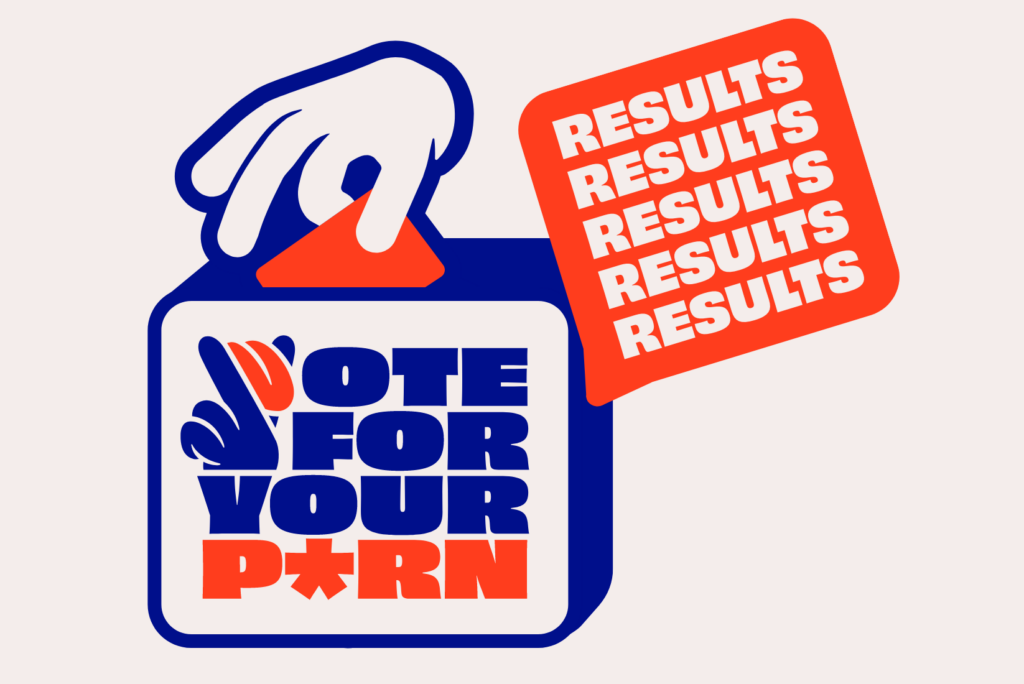Good sexual health is crucial to one’s general well-being, yet its importance is often very underestimated, and rarely discussed too. Pretty much all of the modern, progressive sex ed has abandoned preaching about abstinence as the only way to maintain favourable sexual health, and has incorporated regular STI (sexually transmitted infections) testing as one of the main rules of safer sex. It sounds very simple in theory, but proves to be a bit more challenging in practice.
But before we delve into that, what actually is “sexual healthcare”, and what exactly does it encompass? It goes hand in hand with reproductive healthcare, but these two are not completely interchangeable. Sexual healthcare is here to, as you would probably expect, to keep you sexual health in check – and that includes screening and treatment for STIs, counselling, preventive services, and sometimes even distribution of contraception, LGBTQIA+ consulting, or vaccinations.
Seems like an important thing, right? Well, unfortunately, not many people in position of power think so, which is why access to sexual healthcare has been insufficient for years, and still continues to be. What’s mainly at play is of course stigma and shaming of sex per se, rooted in puritan way of thinking about one of the most basic human needs. This conservative view, which can be clearly seen behind USA’s recent scraping of Roe v. Wade, has lead to a great rise of STIs, getting more and more resistant to treatments, such as the new strain of “super gonorrhea”. Even in the so-called “most developed” countries, access to sexual healthcare is still very scarce or restricted to only a lucky few.
But this threat to public health is not the only reason why we as feminists should care about and fight for better, universal access to sexual healthcare. In fact, a lot of harmful ideas rooted in oppression and discrimination are hidden behind the decision who gets to receive sex-related medical care, and how they get it. Wonder what these are?


1. Heteronormativity
Heteronormativity is the assumption that heterosexuality is the norm; that pretty much every person is straight, and those who are not are oddities. Most of our society operates on this belief, and sex ed and healthcare is not an exception. Approaching every patient with this assumption, while not knowing how to engage with LGBTQIA+ folks, can lead to very dangerous situations, be it subjecting them to queerphobia or overlooking a fair amount of health concerns.
2. Systemic racism
Racism in healthcare is nothing new. There is an atrocious history of people of color being used for medical “experiments,” such as the Tuskegee Syphilis Study, being subjected to forced sterilisation, or having specific types of birth control marketed to them without being informed about its side effects (see Norplant). Medical providers are often white, and unaware (and unwilling to learn) of the specific needs people of color require. Healthcare, of all kinds, is much more inaccessible for non-white people, limited by not only their class or financial situation, but their access to information too. Racist stereotypes, such as of Black people’s “hypersexuality” (tropes like Black Savage, Mandingo, Jezebel) and Asian women’s “asexuality” on the other hand, come into play too when folks seek treatment or advice. The list could, unfortunately, go on.
3. Trans exclusion
Lots of health specialists still have no idea how to work with trans or non-binary patients; how trans bodies can look, and how trans sex works. Trans women of color are especially vulnerable in this situation, which is why it is necessary to have healthcare options that are able to cater to them and protect them.


4. “Whorephobia” and slutshaming
One of the reasons STIs are shamed so much is the stigma surrounding sexually liberated behaviour, simply because it endangers the “holy” institution of marriage and monogamous, coupled life. It is seen as a threat, as something immoral, and STIs are thought to be the consequences of your bad, sinful actions. Well, let me break it to you, the number of one’s sexual partners does not have much to do with your risk of catching an STI, actually.
5. Fight against sex work
Access to regular STI testing, prevention, and treatment is crucial for sex workers. With newly introduced measures like FOSTA/SESTA laws, UK’s ban on pornography, tumblr’s censorship of all NSFW content, or transaction providers refusing to process payments from sex work on top of all the stigma and criminalization of sex work, inaccessible sexual healthcare puts SWers in an even more difficult and vulnerable position.
6. Ableism
Ableism, meaning discrimination towards people with disabilities, and inaccessibility is a big problem on its own. Here we have two things at stake: general logistical, emotional, and factual inaccessibility AND the deep-seated perception of disabled people as asexual. It’s 2022, medical providers should know that folks with all kinds of physical or mental limitations have sex, and therefore need according healthcare too.


7. Lesbian and bi erasure
Good news: there is a lot of sexual healthcare providers for gay men. Bad news: there is a serious lack of providers for all the other folks on the queer spectrum. This is really dangerous: not only does it give off an idea that other forms of queer sex are completely risk-free (which they’re most certainly not), but it also contributes to putting (mostly white and cis) gay men on top of the strange queer hierarchy thanks to which they are the ones who are mostly seen and heard, while a huge portion of LGBTQIA+ people is left out.
Over the past years, our society has managed to explore and embrace sexuality so much, yet the perception of STIs stayed stuck somewhere in distant past. We have ways to treat and prevent them, yet most of us don’t have access to it, and those from marginalised groups come off the worst, putting them into a very dangerous and vulnerable position. And that’s why we as feminists need to care, promote, and aim for access to sexual healthcare.
fluide (pronounced as “fluid”) is an online database of sexual healthcare centers in Berlin. The main aim of the platform is to encourage Berlin folks to have more control over their own sexual health. fluise provides a comprehensive list of all the centers there are in Berlin and to gather all the information you would spend hours researching online and via phone calls, in one place. Therefore, all the info presented here has already been researched, confirmed, and recorded for the website. You can easily filter your preferences with information like: location, opening times, languages spoken, tests and treatment offered, how the tests are done (e.g. can you do the swabs yourself or will you have to show your genitals to the doctor), whether insurance is required, what’s the accessibility of the space, and such. The project is created in collaboration with Critical Queer Solidarity Berlin.










